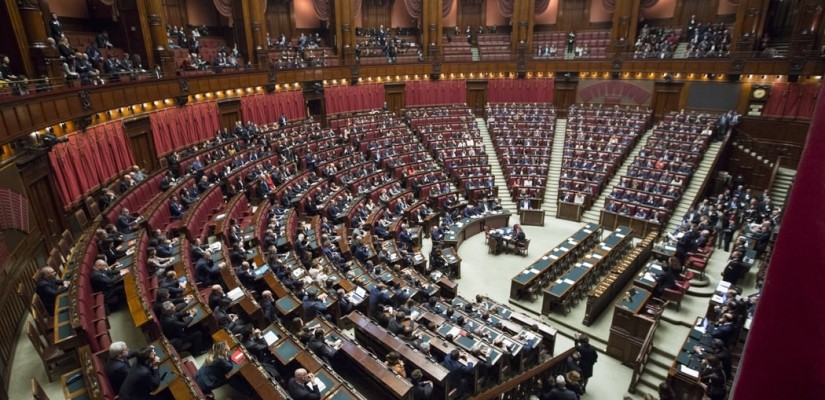In August 2019, Italy’s government collapsed after numerous policy disagreements had divided the ruling coalition between the Northern League (Lega) under Minister of the Interior Matteo Salvini and the Five Star Movement (5S) under Minister of Economic Development, Labor, and Social Policies Luigi Di Maio. Domestically, the government collapse only adds to the mounting political and economic challenges that Italy is facing. Internationally, Italy’s crisis continues to test the country’s position within Europe and the stability of the Euro zone. Ever since the global financial crisis of 2008, Italy’s economic recession has deepened and the confidence of Italian citizens in the European Union (EU) has wavered. In addition to a public debt of approximately 2.3 trillion Euro (USD 2.6 trillion), Italy’s government is struggling with youth unemployment and a near standstill in its economic growth.
The government coalition between the Eurosceptic right-wing Lega and the anti-establishment 5S was short-lived, plunging into a crisis only 14 months after it was formed. Seeking to consolidate power, Matteo Salvini called for an early election, citing insurmountable differences over opposing views on issues such as taxes, infrastructure projects, and regional governance with his coalition partner. Salvini’s Lega had sought to introduce a vote of no confidence against Italy’s Prime Minister Giuseppe Conte, yet as the crisis unfolded, Conte announced his resignation, effectively unraveling the government and depriving Salvini of immediate access to increased political power.

Salvini’s political stance is in line with the populist right-wing trend in Europe that opposes immigration and the EU as the guardian of Europe’s political, economic, and legal integration. Salvini’s politics reflect Italy’s alienation from Europe and the EU, sharing views with Russia’s government under President Vladimir Putin and supporting laws that fine refugee boats from Africa and the Middle East arriving in Italy’s ports. Remarkably popular among Italian citizens, Salvini initially indicated his confidence in gaining a majority in a potential new election. Salvini’s approval ratings reach over 40% – a rare occurrence in fragmented Italian politics – while the 5S and the opposition, the Democratic Party (PD), struggle to win voters to a similar extent. Yet Salvini’s confidence in a majority victory appeared to have waned after announcing that he is considering cooperation with former pro-establishment Prime Minister Silvio Berlusconi or even a reconciliation with the 5S.
Meanwhile, the 5S is aligning with the PD, negotiating terms for a potential 5S-PD majority in the government. While this new coalition could present a way out of the government crisis, a cooperation between the 5S and the PD would not be devoid of conflicting views. Pitfalls between the two parties include a reform to reduce the size of the parliament as well as a security law implemented by the Lega which imposes fines on refugee boats landing in Italy without official permission. Adding uncertainty to the crisis, the PD’s leader Nicola Zingaretti demanded a drastic shift in Italy’s policy direction if a coalition between the 5S and the PD is formed.
Although Italy’s President Sergio Mattarella stressed that snap elections only serve as a last resort, an early election in late October 2018 is considered a likely outcome of the government crisis. A major hurdle of snap elections, however, is Italy’s economic calendar, which follows EU regulations aiming to provide economic stability and prevent further insolvency for the already heavily indebted country. By December 31, 2019, Italy must determine its national budget plan, otherwise the sales tax will automatically rise. In order to avoid the effect of this tax mechanism, Italy’s new government would have to approve budget cuts and financial policies worth 23 billion Euro (USD 26 billion) before the December deadline. This outlook puts Italy’s policymakers under serious pressure to act quickly and reinstate a functioning government.
